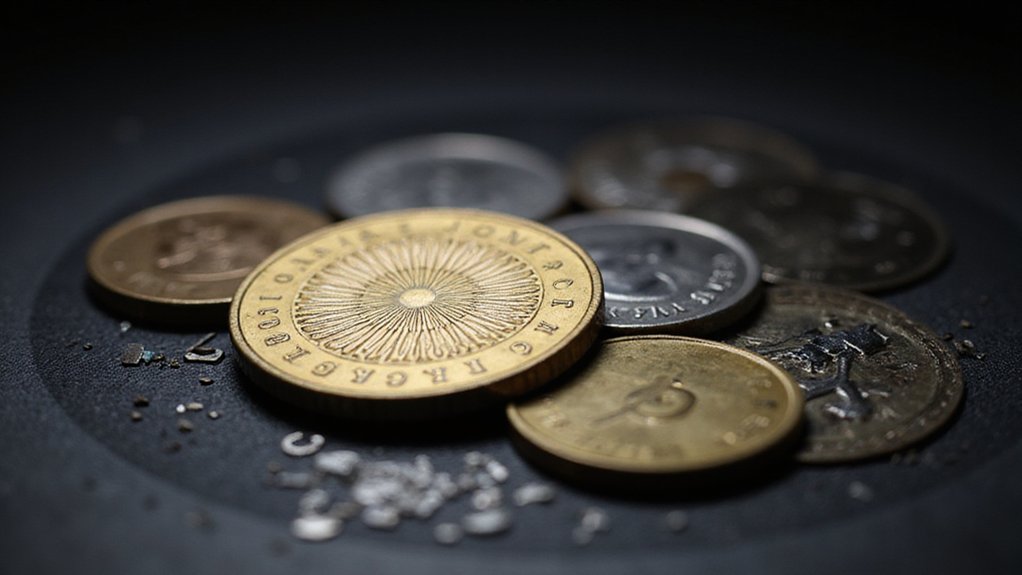Robinhood has systematically dismantled the traditional brokerage model‘s fee structure while simultaneously expanding into territories that would have seemed fantastical to commission-hungry brokers just a decade ago. The platform’s zero-commission approach across stocks, ETFs, options, and cryptocurrencies has not merely attracted retail investors—it has forced established brokerages into an uncomfortable game of fee limbo, where the bar keeps dropping until traditional revenue models collapse entirely.
The company’s European expansion represents a particularly audacious leap into blockchain-based financial services. Rather than simply offering crypto trading, Robinhood has introduced stock tokens that blur the distinction between traditional securities and digital assets. This hybrid approach transforms European users from crypto enthusiasts into participants in a thorough investment ecosystem where dividends flow directly through the app and trading operates on a 24/7 schedule via the company’s proprietary Layer 2 blockchain. One might wonder whether Wall Street’s traditional nine-to-five mentality will survive this always-on assault.
Micro-futures contracts for Bitcoin, Solana, and XRP further demonstrate Robinhood’s strategy of democratizing previously exclusive financial instruments. These miniaturized derivatives lower entry barriers for retail traders who previously viewed futures markets as intimidating institutional playgrounds. The irony is palpable: complex financial products once reserved for sophisticated investors are now packaged for mass consumption alongside fractional share trading that allows participation with minimal capital. This democratization mirrors the peer-to-peer philosophy of decentralized finance, where traditional intermediaries are eliminated to enable direct access to financial services.
Institutional-grade complexity, repackaged for retail consumption—the democratization of derivatives transforms intimidating markets into accessible entertainment.
The platform’s desktop launch brings institutional-grade analysis tools, including level two market data and Morningstar research, to Gold subscribers. The new Robinhood Legend desktop platform provides advanced charting features that rival traditional trading workstations. Upcoming AI-driven insights through Robinhood Cortex promise real-time analytical support, suggesting that artificial intelligence will soon provide investment guidance previously requiring human expertise. The comprehensive fee structure includes a notable $100 outgoing ACAT transfer fee despite the platform’s otherwise commission-free trading model.
Perhaps most intriguingly, Robinhood’s IRA offerings include matching contributions—1% for standard users, 3% for Gold subscribers—despite lacking employer sponsorship. This unusual feature, complete with five-year clawback provisions, positions the company as both broker and quasi-employer in retirement planning.
The cumulative effect transforms Robinhood from a simple trading app into a thorough financial ecosystem that challenges traditional boundaries between brokerages, crypto exchanges, and retirement providers. Whether this ambitious integration succeeds or fragments under its own complexity remains the defining question for retail investment’s future.









